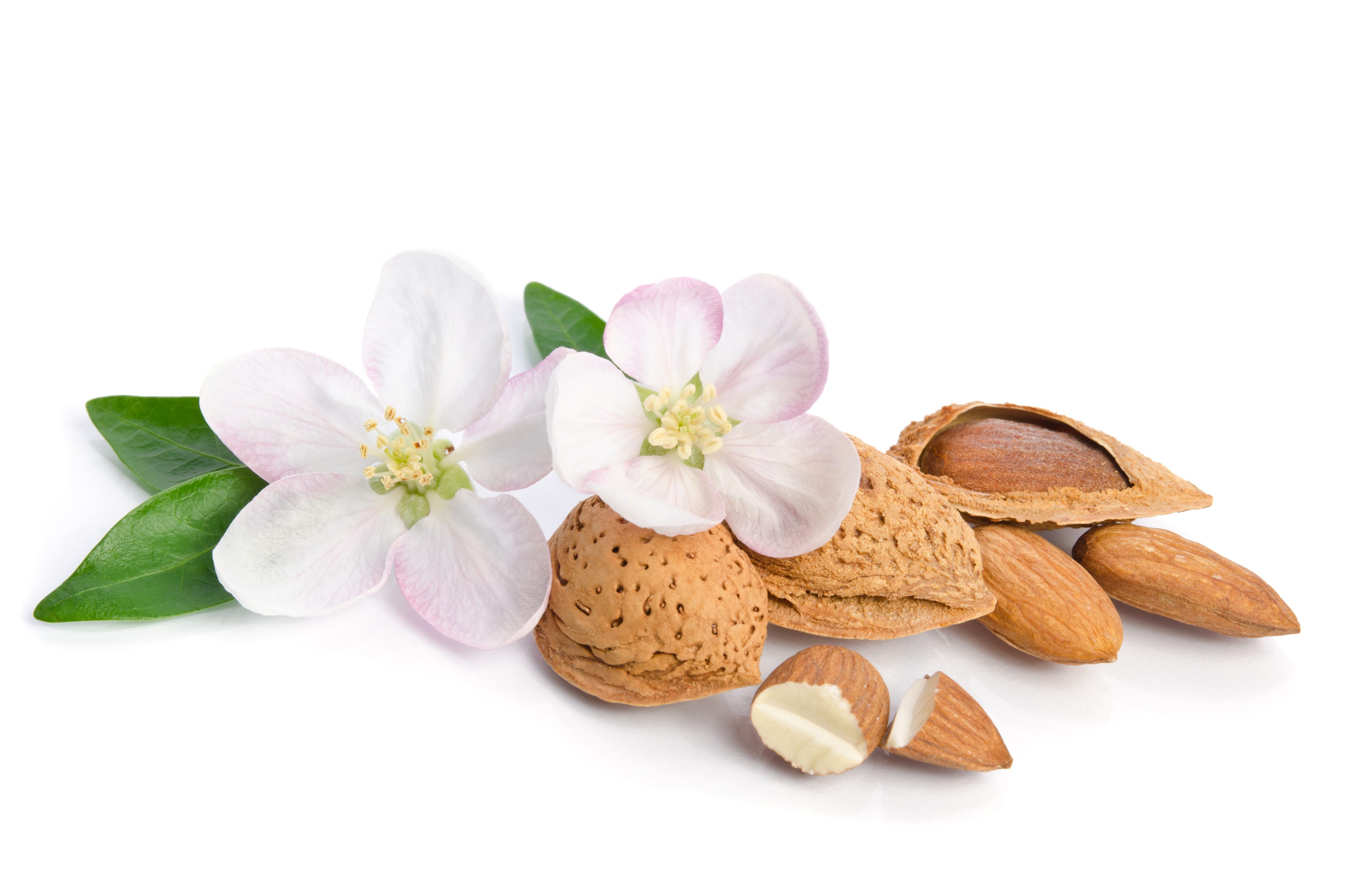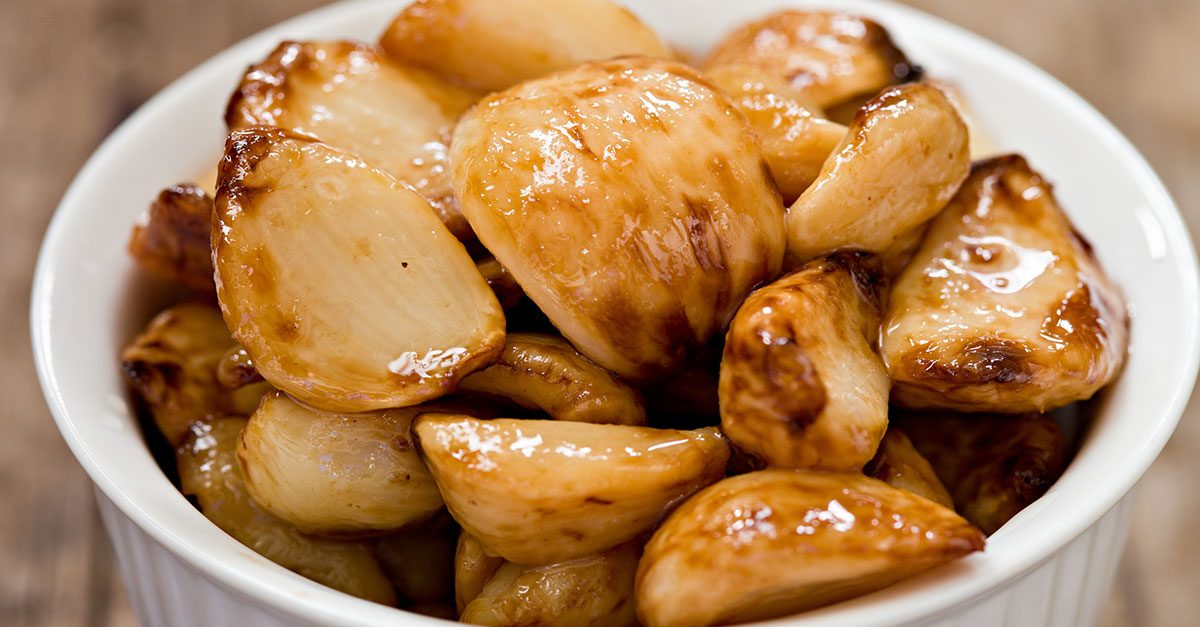Selenium: properties, benefits and foods that contain it
But let’s find out more about the benefits of selenium, how much you need to take a day, in what foods you can find it and what happens in case of lack or excess of this mineral salt.
;Resize,width=742;)
Selenium is a non-metal present in small quantities in our body, a trace element with antioxidant properties, important for thyroid function and for our well-being. But let’s find out more about the benefits of selenium, how much you need to take a day, in what foods you can find it and what happens in case of lack or excess of this mineral salt.
Antioxidants
Selenium is a non-metal present in small quantities in our body, an important trace element for thyroid function and for our well-being, also known for its antioxidant properties. We commonly find it in water and in some foods and in our body it is essential for the synthesis of some proteins. But let’s find out more about the benefits of selenium, how much you need to take a day, in what foods you can find it and what happens in case of lack or excess of this mineral salt.

Beneficial properties of selenium
Selenium is a natural antioxidant that can fight the harmful action of free radicals, preventing premature aging and preserving tissue elasticity. It also acts on the thyroid, promoting its correct functioning: it regulates its activity and protects this important gland. This important mineral also strengthens the immune system, provides an anti-inflammatory action and, together with vitamin C, it helps to fight infections and prevent seasonal ailments. Selenium would also help the nervous system by preventing memory disorders and cognitive decline. Selenium also prevents heart disease by preventing blood clots that can be the basis for strokes, embolisms and kidney failure. Selenium is also beneficial for our hair: it improves its growth rate and, in association with zinc, it helps to have stronger and shinier hair.

Daily selenium requirement and where to find it

The daily requirement of selenium is about 50-55 micrograms in adults. During pregnancy and lactation the dose rises to 60-70 micrograms per day. However, it is important to never exceed 400 micrograms in a day to avoid selenium poisoning. Selenium is found mainly in foods of animal origin such as meat, offal, lamb, chicken and beef, but also fish such as tuna, salmon, sardines, cod, hake, sole, as well as crustaceans and molluscs. Selenium is also present in eggs, specifically in the yolk, in milk and derivatives, in whole grains, and in plant foods such as broccoli, tomatoes, cabbage, celery, cucumbers and mushrooms, although in smaller quantities. Among the plant foods rich in selenium we find cashews and Brazil nuts, and it is also present in brewer's yeast and legumes, especially chickpeas, lentils and beans, preferably dried.
;Resize,width=767;)
;Resize,width=712;)
;Resize,width=712;)
;Resize,width=712;)
